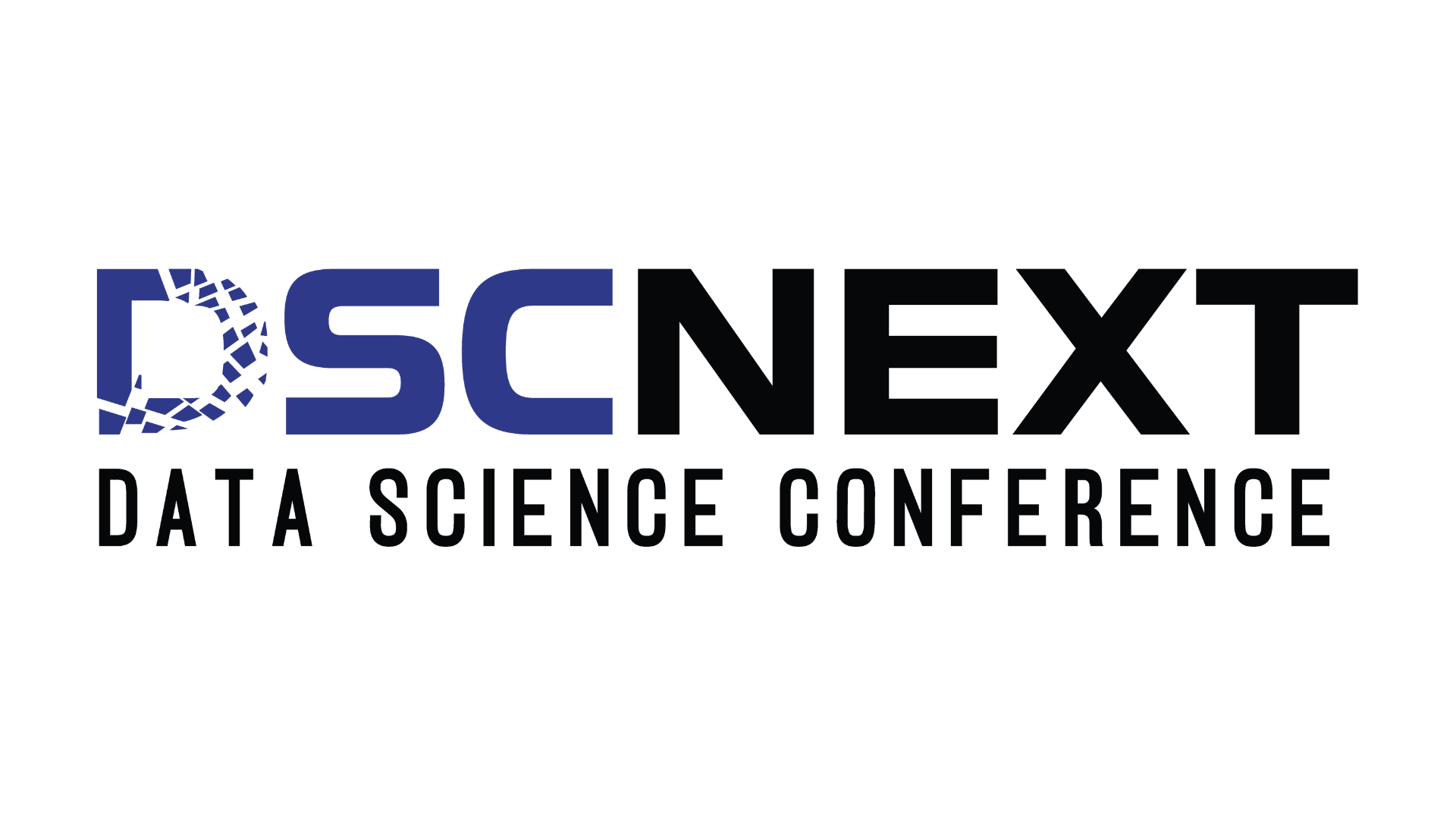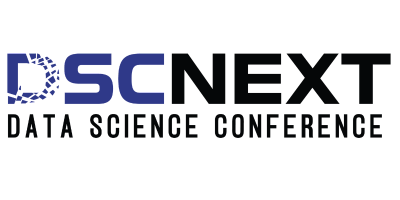
In today’s data-driven world, smart data science is more than just a buzzword—it’s a game-changer. The recent study “Data Science and Analytics: An Overview from Data-Driven Smart Computing, Decision-Making and Applications Perspective” dives deep into how advanced analytics, machine learning, and AI are transforming decision-making across industries.
At its core, smart data science uses large volumes of data—from the Internet of Things (IoT), security systems, business platforms, and more—to extract meaningful, actionable insights. These insights power automation, reduce human error, and improve outcomes in fields like healthcare, finance, agriculture, and urban planning.
What Makes Data Science “Smart”?
Smart data science represents a leap forward in analytics. It combines powerful data models with intelligent applications to drive decisions—not only explaining past events, but also predicting future trends and recommending best actions.
The Four Pillars of Smart Data Science:
1. Descriptive Analytics
Offers a snapshot of what has happened. It helps spot trends, patterns, and anomalies in historical data.
2. Diagnostic Analytics
Digs deeper to explain why something happened by identifying causes and correlations.
3. Predictive Analytics
Uses machine learning and statistics to forecast what could happen next, enabling proactive decisions.
4. Prescriptive Analytics
Goes a step further—suggesting the best course of action by analyzing multiple outcomes and scenarios.
Real-World Applications
The study highlights ten key areas where smart data science is making a difference:
1. Business Intelligence: Companies use data to personalize customer experiences and optimize supply chains.
2. Healthcare: Predictive models help in early diagnosis and treatment planning.
3. Cybersecurity: Machine learning algorithms detect anomalies and prevent attacks.
4. Urban Data Science: Smart city initiatives rely on data to manage traffic, energy, and pollution.
5. Agriculture: IoT sensors and analytics help monitor crop health and forecast yields.
6. Education: Learning analytics improve student performance through adaptive learning.
7. Manufacturing: Predictive maintenance prevents equipment breakdowns.
8. Finance: Risk analysis and fraud detection are driven by real-time data.
9. Environmental Monitoring: Data helps in tracking climate change indicators.
10. Transportation: Route optimization and autonomous vehicles depend on smart computing.
Challenges and Future Outlook
Despite its growing adoption, smart data science still faces challenges. Data privacy and security remain top concerns, especially when dealing with sensitive information. Also, integrating data from various sources—structured and unstructured—requires sophisticated infrastructure and algorithms.
Another hurdle is interpretability. As machine learning models grow more complex, understanding how they reach decisions becomes difficult. This “black-box” problem makes it harder for users to trust the system, especially in sectors like healthcare and law.
The study calls for more research into ethical AI, transparent algorithms, and scalable systems. It emphasizes the need for interdisciplinary collaboration to unlock the full potential of smart data science.
Final Thoughts
Smart data science is rapidly transforming how decisions are made, bringing efficiency and intelligence to every domain it touches. As the digital world continues to generate more data, the ability to harness it meaningfully will define success for businesses, governments, and individuals alike.
This comprehensive study not only provides a roadmap for using analytics effectively but also serves as a guide for researchers and developers building the next generation of automated systems. With a focus on intelligent modeling, real-world applications, and future challenges, it lays the foundation for smarter, data-driven futures.
DSC Next 2025 is a premier data science and analytics conference that brings together global leaders, innovators, researchers, and professionals in the field of smart computing and AI. The event highlights the latest breakthroughs in data-driven technologies, from machine learning and big data to cybersecurity and intelligent automation. With a strong focus on real-world applications, DSC Next 2025 aims to shape the future of smart decision-making across industries.
References
Joshi A, Agarwal A, Santhosh R, Madalli DP. Data science and analytics: An overview from data-driven smart computing, decision-making and applications perspective. Comput Sci Rev. 2021;41:100414. PubMed
[2] Joshi A et al. Data science and analytics—Applications in healthcare, business, and cybersecurity. PMC Article. PMC

